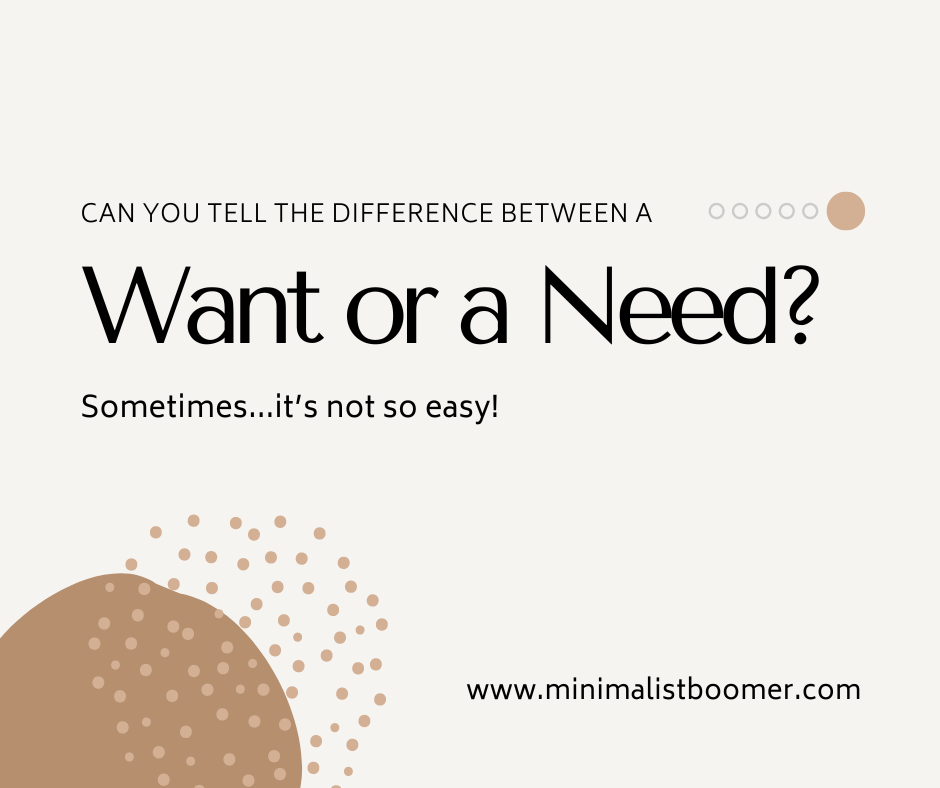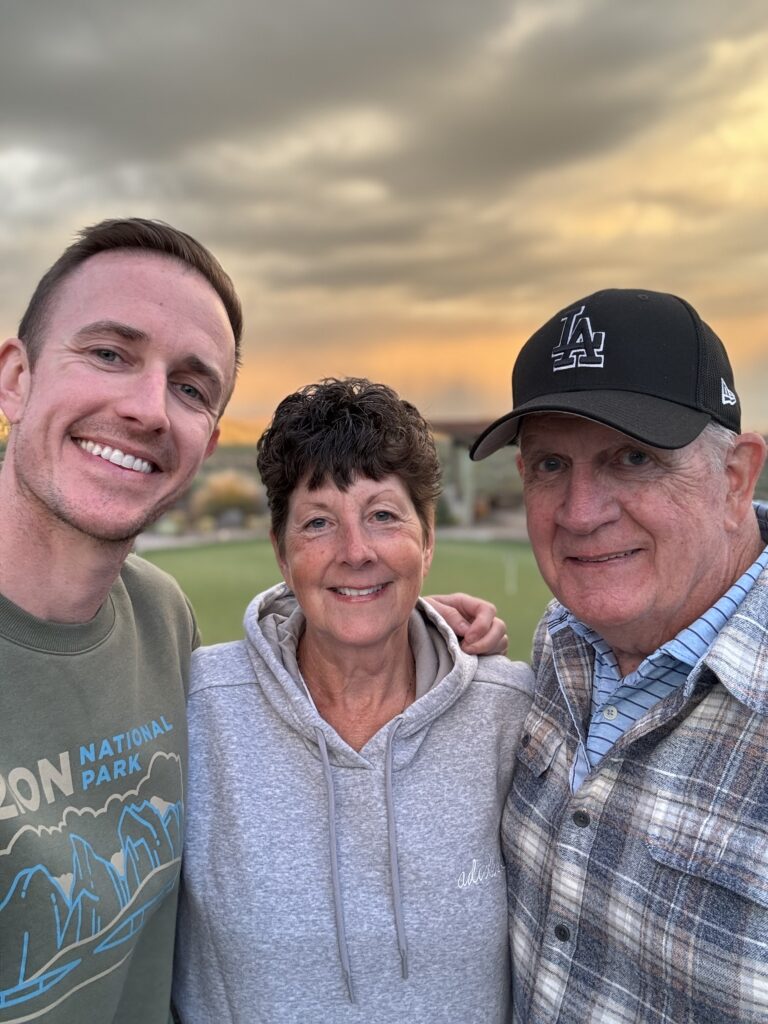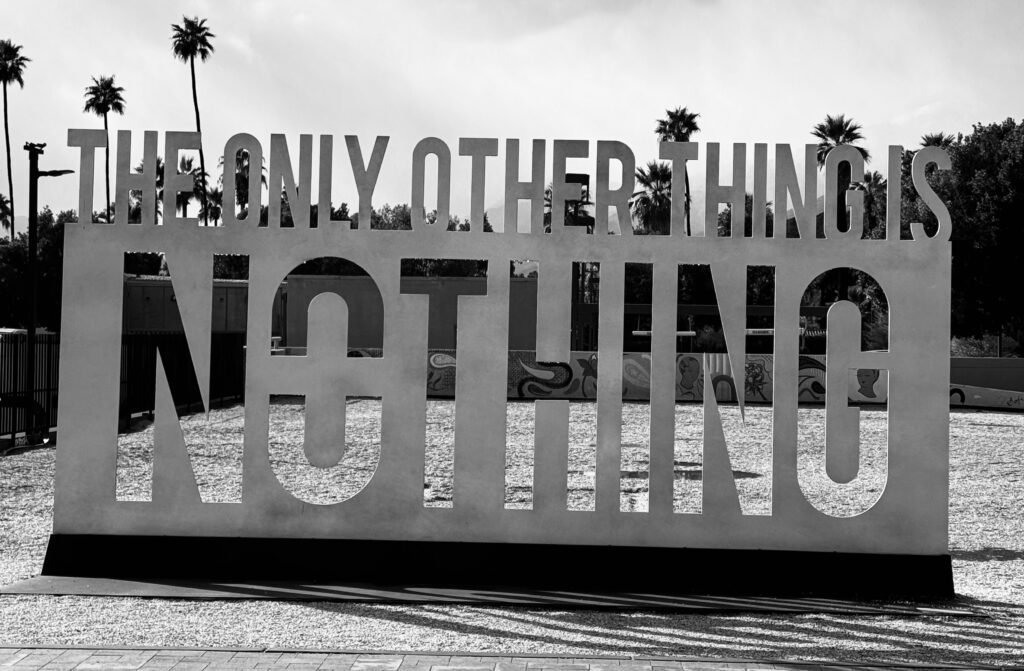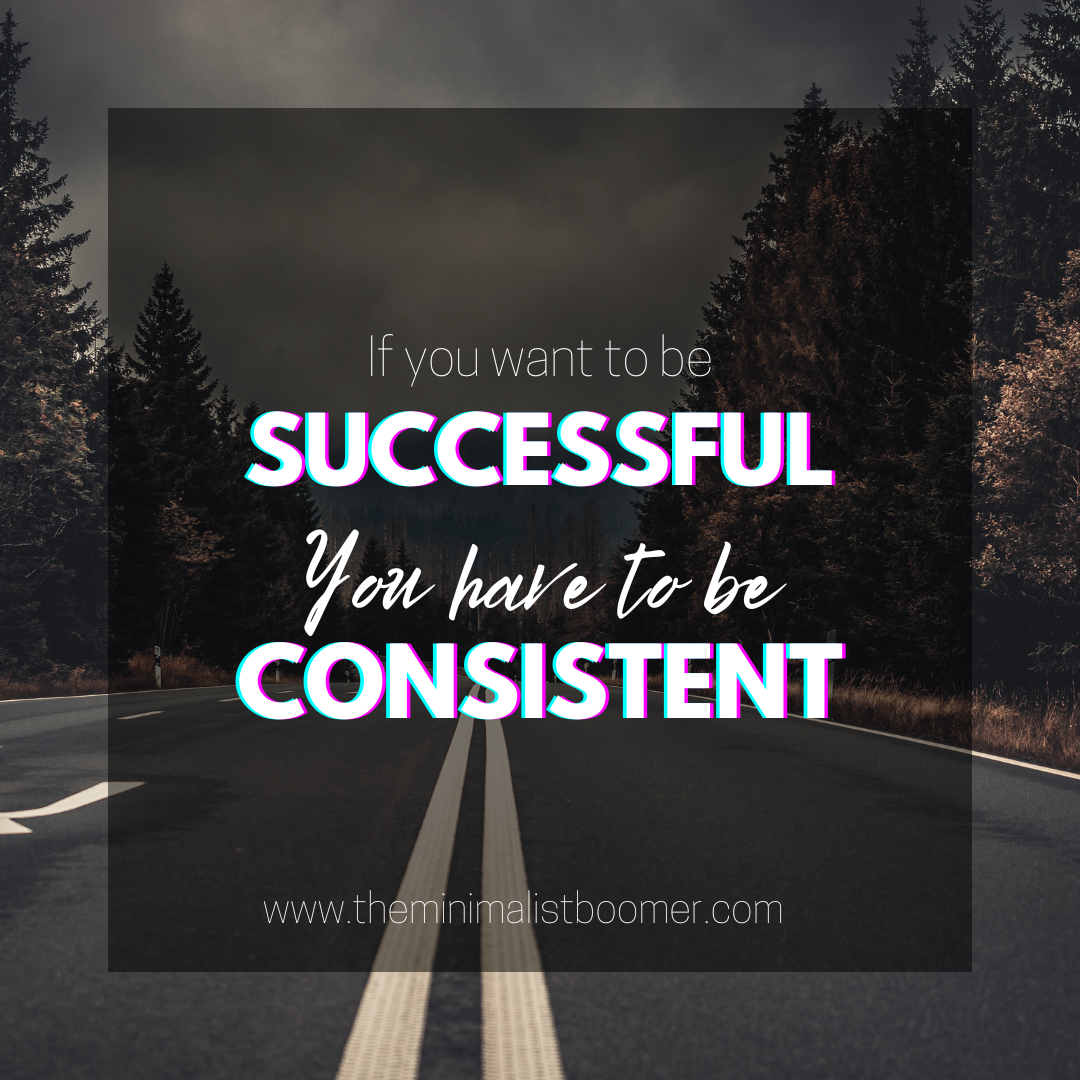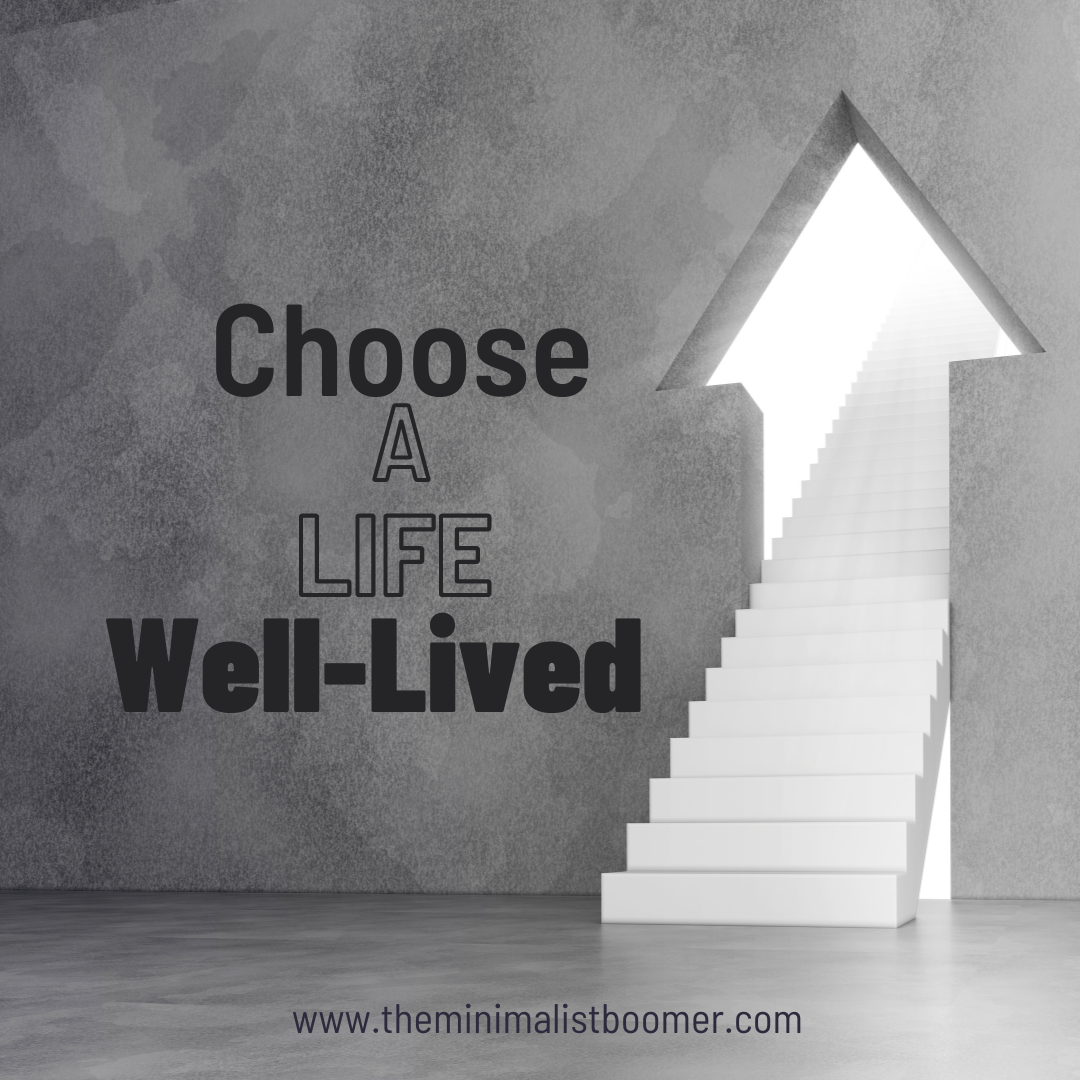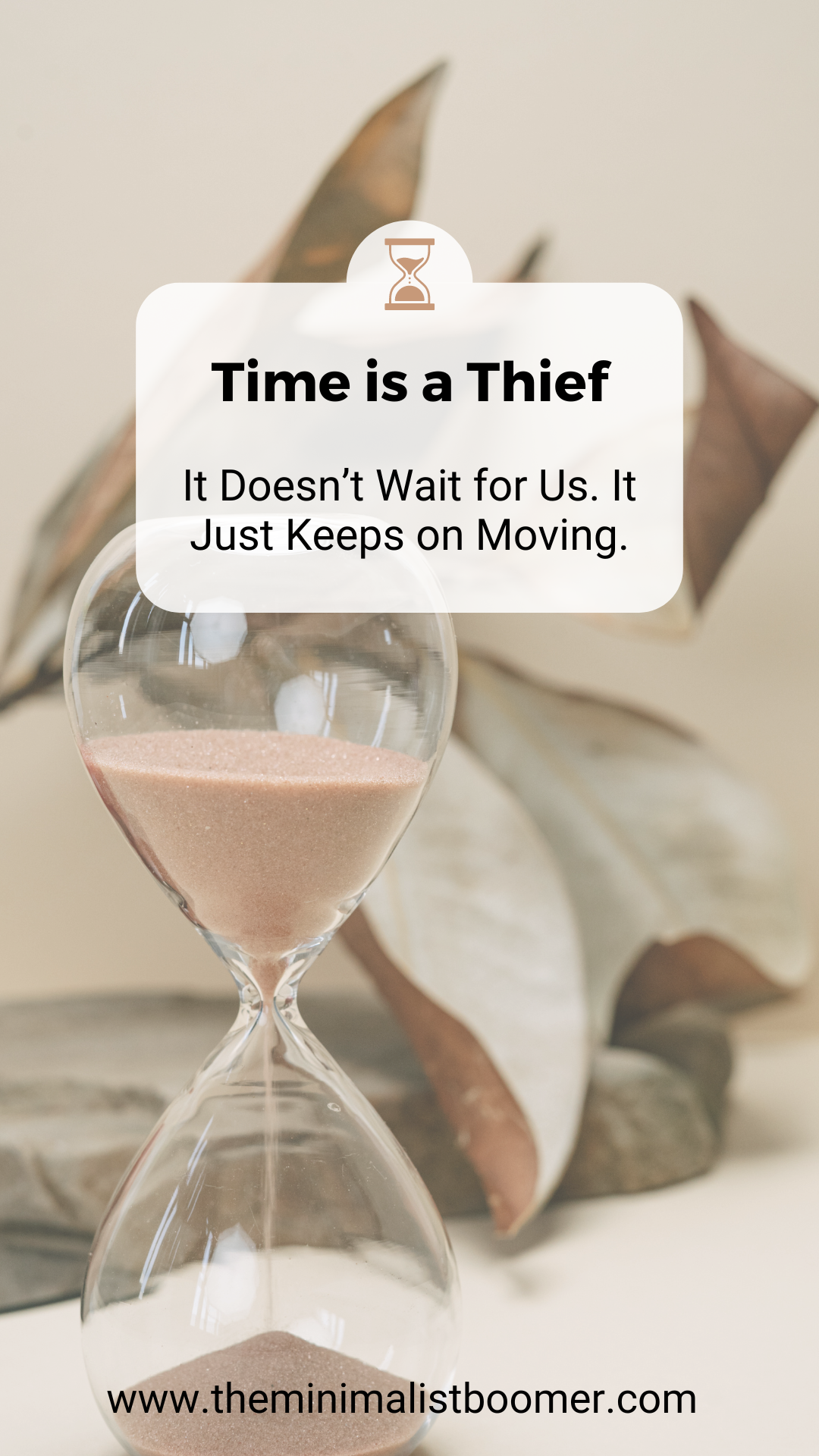We’ve all seen the two-year old in the shopping cart screaming his head off because his mother won’t give in to his every desire as they stroll through the store. I observed this the other day and it got me thinking about “wants” vs. “needs” and how habits are ingrained in us at such a young age.
As I sit here, writing about wants vs needs, I hear the pounding of hammers and the shrill sound from a drill, as guys work in our garage to install an air conditioning unit. In Arizona, it has become increasingly obvious to us that a garage AC unit is a need…not just a want…especially when the Tesla and the golf cart operate with lithium batteries. The garage is not exactly a place where I wanted to spend extra money, but clearly, in order to preserve battery life on our vehicles, it is needed.

I have often found myself caught in the dilemma of determining whether something is a “want” or a “need.” It’s a common struggle for many of us, especially in a world where our desires are constantly marketed as necessities.
Understanding the distinction between wants and needs is crucial in making informed decisions that align with our priorities and values. It’s not just about managing our resources efficiently; it’s also about establishing a sense of intentionality in our choices.
By examining the significance of discerning between wants and needs, we can create a greater sense of awareness and empowerment in navigating the many options and temptations that surround us. Join me on this exploration as we unravel the essence of wants versus needs and embark on a journey toward more purposeful decision-making.
Understanding Wants and Needs
Understanding the difference between wants and needs is essential in navigating our daily choices and priorities. Let’s see just how wants and needs can influence our decision-making processes and shape our lifestyles.

Defining Wants
Wants are the desires or cravings that are not essential for our basic survival but contribute to our enjoyment and satisfaction. They often stem from emotions, aspirations, or social influences. Think of that trendy fashion item you’ve been eyeing or the latest tech gadget that promises convenience but isn’t a necessity. Wants tap into our wishes and personal preferences, adding style and excitement to our lives. While fulfilling wants can bring pleasure, it’s crucial to balance them with our needs to maintain a healthy perspective on consumption and fulfillment.
Defining Needs
Needs, on the other hand, are the fundamental requirements for our well-being and existence. These are the essentials that sustain life and ensure our physical and emotional health. Basic needs encompass necessities like food, shelter, clothing, and healthcare – elements crucial for survival. Secondary needs extend beyond survival to encompass education, security, and societal belonging, enriching our quality of life and supporting personal growth. Recognizing and prioritizing our needs over our wants is crucial in achieving a balanced and fulfilling life, aligning our resources with what matters most for our overall well-being.
The Psychological Aspect
Have you ever felt torn between what you want and what you need? Taking a look at the psychological aspect of this dilemma can shed light on our decision-making processes and the satisfaction we derive from fulfilling needs versus wants.
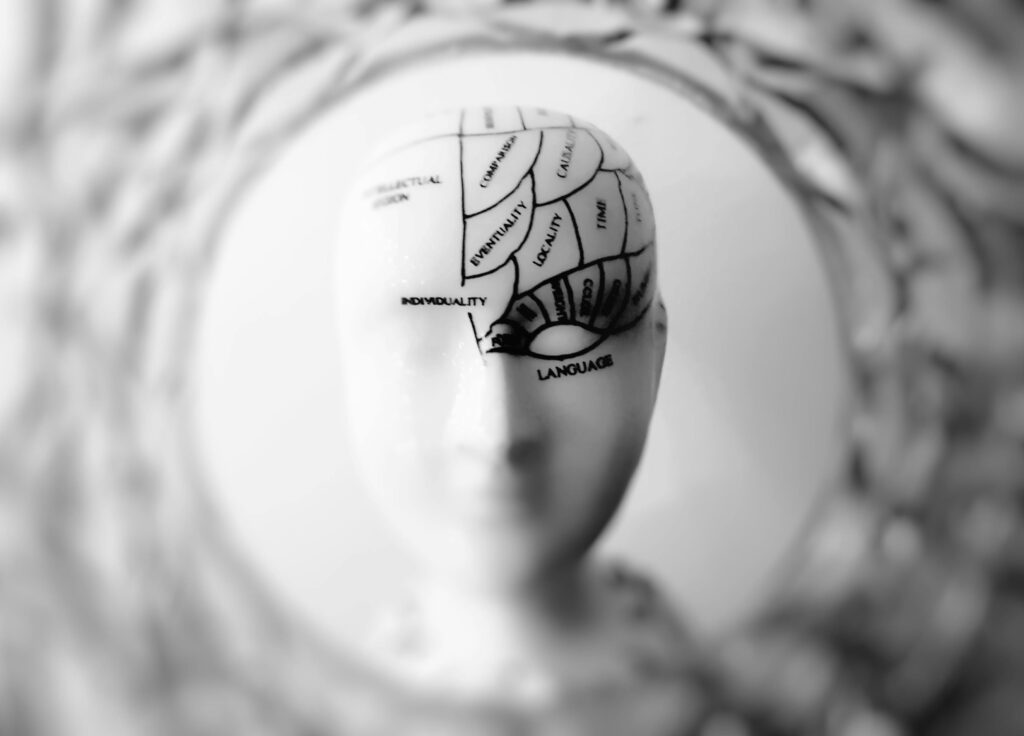
Impact of Wants on Decision Making
Marketers strategically tap into our desires, creating a sense of urgency or necessity around products or services. The allure of acquiring the latest automobile or furniture trend can cloud our judgment, leading us to make impulsive decisions based on fleeting desires rather than practical needs.
Societal pressures can further compound this, influencing our perception of success and happiness. The constant exposure to idealized lifestyles on social media platforms can instill a sense of inadequacy, fueling our wants and driving us to seek validation through material possessions.
As a result, our decisions may be guided more by external expectations than genuine necessities, shaping our identity based on superficial desires rather than intrinsic values.
Fulfillment from Needs
In contrast, fulfilling our needs can bring a profound sense of satisfaction and contentment. Meeting our basic needs, such as food, shelter, and security, provides a foundation of stability and well-being. Unlike wants, which are often fleeting and can be driven by external influences, fulfilling our needs satisfies intrinsic motivations and creates a sense of autonomy and self-fulfillment.
By prioritizing the fulfillment of our needs over wants, we can experience a deeper sense of gratitude. Recognizing the difference between temporary desires and essential requirements can lead to more intentional decision-making, aligning our actions with our core values and long-term goals. Ultimately, embracing the fulfillment of needs can lead to a more authentic and fulfilling life, rooted in genuine purpose and satisfaction.

Understanding the difference between wants and needs is more than just about creating a shopping list or making financial decisions. It’s about understanding ourselves, our desires, and our priorities. This awareness can lead to more mindful choices, not just in terms of spending money, but in how we approach life in general.
As we grow older, this becomes so much more obvious and it’s important to instill this in our children and grandchildren as they are growing up. Ultimately, finding a balance between wants and needs is key to a fulfilling and contented life. While it’s essential to satisfy our needs for survival and well-being, acknowledging our wants can add enjoyment and satisfaction to our experiences without compromising our financial stability or long-term objectives.

